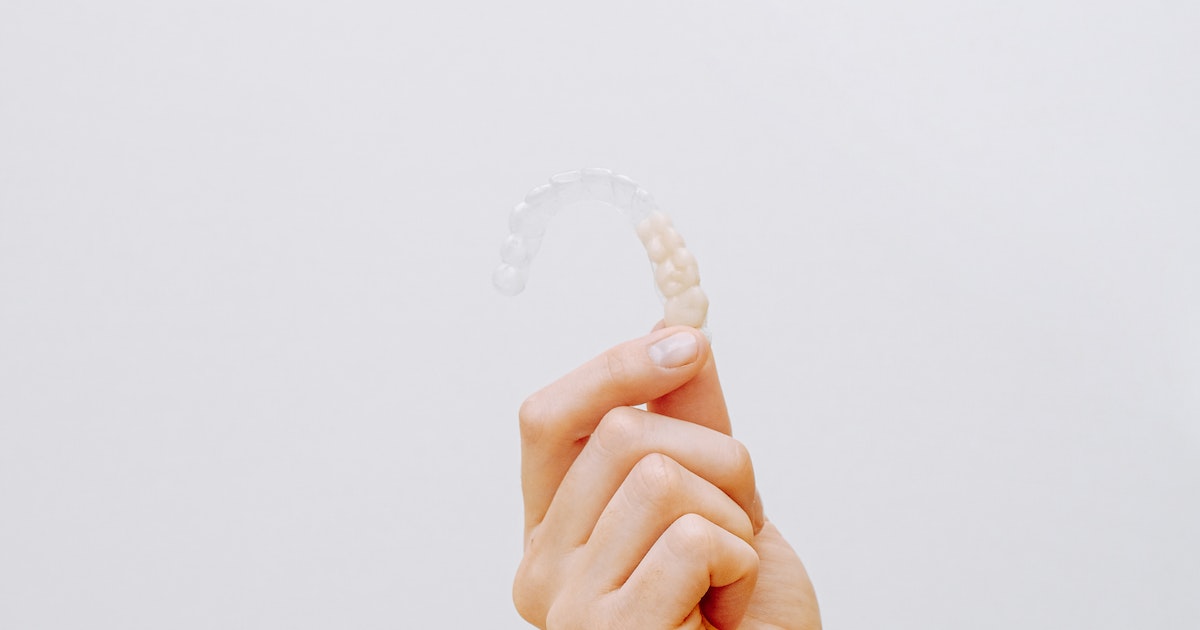Your dentist may advise you to use a nightguard to safeguard your teeth at night. Whether your dentist has recommended a nightguard or you want to know if wearing one makes sense for you, understanding the benefits and disadvantages of these mouthguards can be beneficial.

Understanding Nightguards
Before we get into the pros and cons of wearing a nightguard, make sure you understand what they are. These are mouthguards that you wear at night while sleeping. Nightguards can be used to treat a variety of problems, such as bruxism, TMD (temporomandibular joint dysfunction), and sleep apnea.
The common thread is that they keep your mouth in the proper posture as you sleep, thereby protecting your teeth and the rest of your mouth.
Pro 1: They protect your teeth.
The capacity of a nightguard to protect your teeth is its primary benefit. This is why Dr. Dhiraj Sharma recommends them to his patients. Simply said, wearing a mouth guard at night will protect your teeth from external impact accidents or trauma.
For example, if you grind your teeth while sleeping, the mouth guard will build a layer to separate them. This prevents your teeth from grinding against each other, which can cause damage.
Pro 2: They help to prevent enamel erosion.
Take a deeper look at this specific benefit of nightguards for persons who grind their teeth. One disadvantage of teeth grinding is that it thins the enamel of your teeth. This can result in other problems, such as dentin hypersensitivity.
Grinding your teeth at night is especially bad because you won’t be aware of it and hence won’t be able to stop it. If you grind your teeth when awake, you have a better chance of identifying and correcting the activity. A nightguard will reduce enamel loss caused by tooth grinding by preventing the grinding.